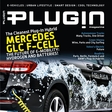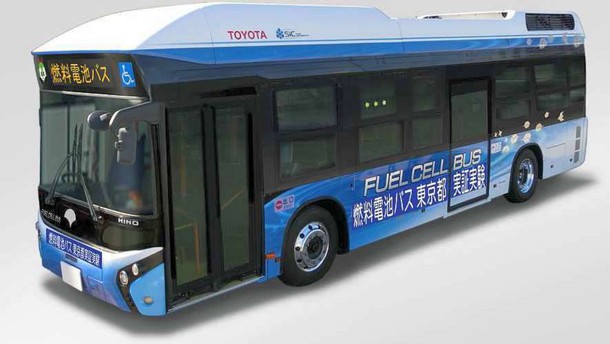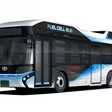
As per Toyota, many people around the world use public transport, like trains and buses, to either drive to work, school or run some erronds. That's making a positive impact on the environment, however public transport systems are mostly connected to public power grids or consist of diesel and petrol (gasoline) vehicles. If only a small percentage of these vehicles were equipped with zero-emission fuel cells, harmful emissions would be drastically reduced.
Toyota and Hino will carry out field tests with the new jointly-developed fuel cell bus on the streets of Tokyo from July 24 to July 30. According to Toyota, these field tests will help determine the practicality of the fuel cell bus for use in public transport networks, as well as evaluating the efficacy of its external power supply system during widespread power outages caused by natural disasters.
Some additional information on the bus: developed jointly, Hino handled development of the bus body, including the chassis, based on a Hino hybrid non-step bus, while Toyota was responsible for implementing the Toyota Fuel Cell System, otherwise developed for the Mirai.
Toyota says, the system generates electricity from the chemical reaction between hydrogen stored in the onboard fuel cell system and airborne oxygen. The bus has been optimized for increased power output, and features two 110 kW fuel cell stacks and 110 kW motors alongside eight 70 MPa high-pressure hydrogen tanks with capacity of 480 liters of compressed hydrogen. The bus is powered by nickel-metal hydride drive battery.



